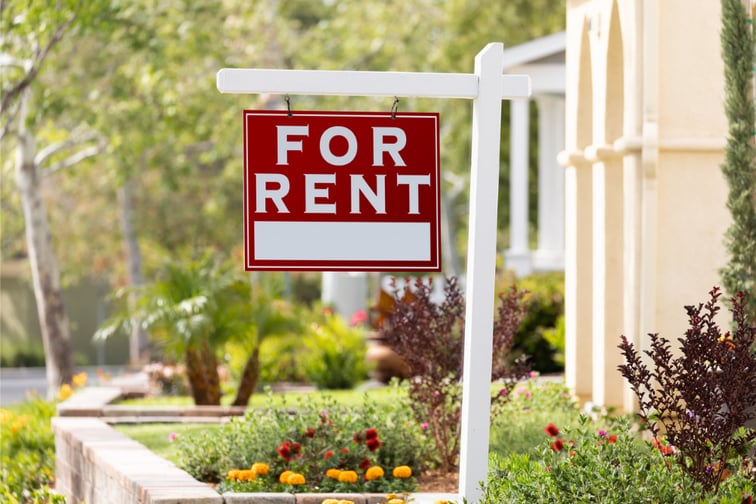

New research has found that pandemic-era private rental assistance measures had only modest outcomes after some landlords decided government help was not worthwhile.
Landlords easily evaded eviction moratoriums, meaning tenants who could not pay rents had to move out. A report from the Australian Housing and Urban Research Institute also revealed a significant underspending in most rent-relief schemes.
The paper, titled Australia’s COVID-19 pandemic housing policy responses, revealed that while researchers praised the “remarkable” form of the emergency response for renters, including eviction bans, frameworks to negotiate discounts, and cash assistance, they criticised its patchy implementation, The Sydney Morning Herald reported.
Other parts of Australia’s housing response lauded by academics included banks’ “very effective” mortgage holidays that supported 480,000-plus home loans and the swift introduction of income support through JobKeeper and increased JobSeeker payments.
But they called for more coordination from different levels of government in the future.
“A lot of the early interventions were quite effective and compared quite favourably to examples of what worked well internationally, particularly things like the income support measures,” said Chris Leishman, lead author and professor of property and housing economics at University of South Australia. “Other interventions, for example in rental markets, were particularly timid.”
Support measures such as cash payments and land-tax relief were offered to landlords to encourage them to provide tenants a rent discount in 2020, but these programs were undersubscribed.
Victoria came close in its long lockdown, with $73 million of cash payments from an original estimate of $80 million, but provided only $111 million in land-tax relief to commercial and residential landlords from an initial offer of $420 million, the Herald reported.
In NSW, from an estimated $220 million spend on residential land-tax relief, only $10 million was spent.
Among the landlords surveyed, 22% were asked to vary the rent, but declined. Another 14% reduced the rent, 10% deferred the rent, and 24% both reduced and deferred payments.
Findings also showed that after the emergency period, nearly a third of landlords had a tenant in arrears, a quarter of landlords increased the rent, and almost one in five terminated the tenancy.
A survey of tenant unions and real estate agents, meanwhile, highlighted gaps in the response.
One tenants’ organisation said, “We kept hearing about landlords just not coming to the table, not willing to negotiate. And sometimes it was explicit: they were freezing the tenant out,” the Herald reported.
There is one that called for stronger direction from government, saying, “Having some structure and framework around what does that COVID impact look like, and how does that translate into the negotiation process, that would have been very helpful.”
The respondents also noted how banks and insurers were missing from the tenant response, as landlords who negotiated could not claim on their landlord insurance, but those who did not negotiate potentially could claim.
Other issues raised included the health impacts on renters who were expected to open their homes to potential buyers if the landlord wished to sell, the rental squeeze in regional Australia where tree-changers have pushed vacancy rates down, and the lack of resilience of landlords who thought they were unable to offer a rent reduction, the Herald reported.
Leishman said the response was affected by the prevalence of mum-and-dad investors in Australian housing.
“Some of them are very highly leveraged, they have home loans of their own,” he said. “If they lost their job and their tenant lost their job they would be in a very precarious position.”
He also said although student accommodation towers owned by institutional investors had huge vacancies, they were better able to weather that.
Leishman concluded that crisis-era rental responses should have been mandatory and that there should have been better cooperation between the different levels of government.
“It was relatively easy for landlords to evade those interventions and we know a lot of tenants had to leave,” he said. “The relief investors were getting was pretty modest; probably a lot of investors came to the conclusion it wasn’t worth the hassle. All they have to do is nothing. The tenant’s bill’s rising, they’ll leave fairly quickly under their own volition and the landlord can then take their bond.”
For rental interventions to be effective in a pandemic, Leishman said they should be more direct and mandatory.
